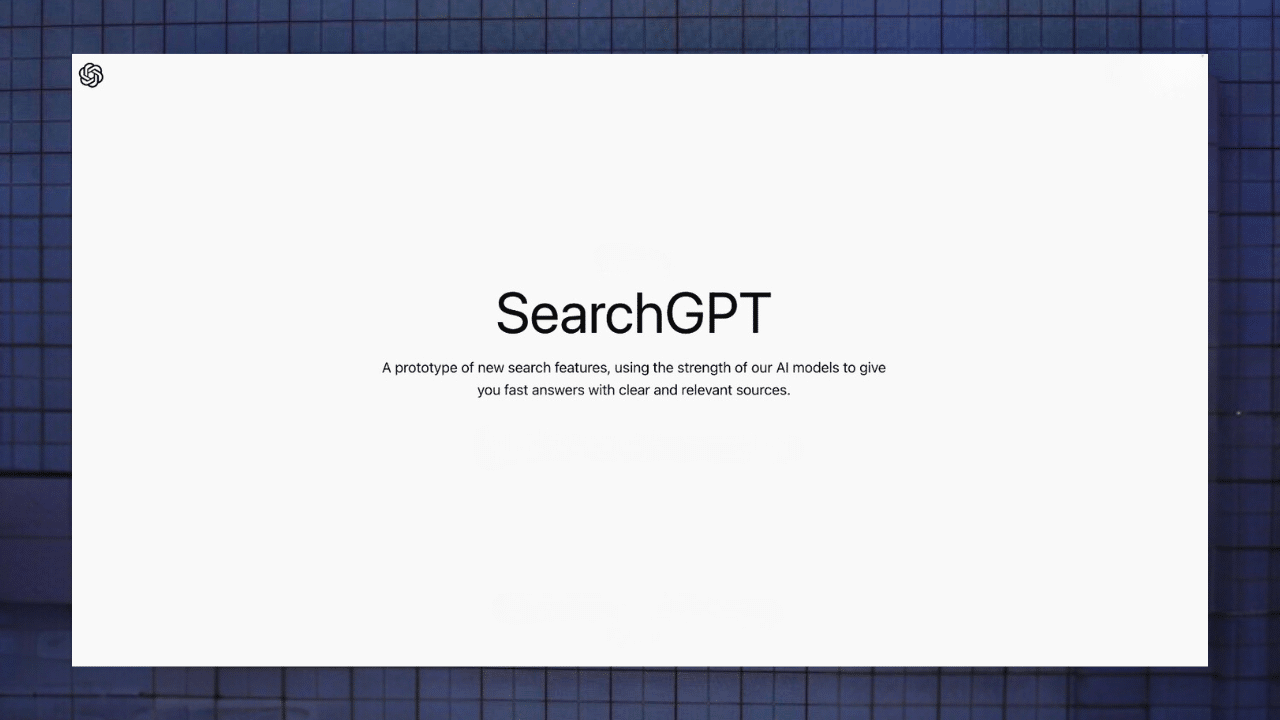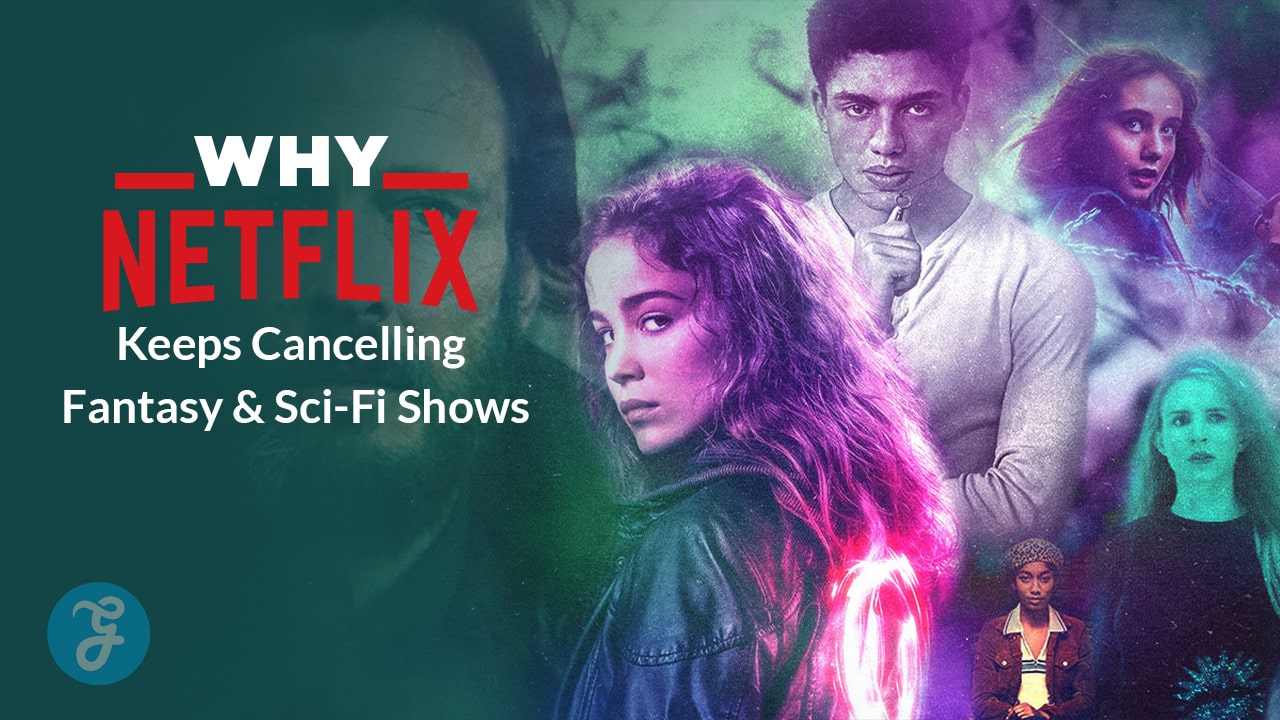In a significant move that could reshape the internet landscape, OpenAI has introduced a ChatGPT-powered search engine, initially available to paid ChatGPT users with plans for a broader rollout. The AI company aims to expand the availability of this feature to all ChatGPT users, positioning itself in direct competition with tech giant Google.
OpenAI’s innovation reflects the increasing role artificial intelligence is playing in information retrieval, a shift that could have far-reaching implications for internet traffic and news dissemination.
Bridging the Information Gap in Real-Time
Since its initial release in 2022, ChatGPT has primarily functioned as a generative AI model trained on large datasets of text without access to real-time data, limiting its ability to respond to questions about current events. The new search engine marks a pivotal upgrade, granting the AI real-time search capabilities to answer timely questions, from breaking news to sports scores, making it a more dynamic and versatile tool.
In July, OpenAI first trialed its search engine as a preview version, allowing a small user group and publishers to provide feedback. After months of refinement, OpenAI has moved forward with this larger release, initially granting access to its paid subscribers with plans for broader availability in the near future.
Competing with Google’s AI-Enhanced Search
OpenAI’s entry into the search engine market brings it head-to-head with Google, which has also embraced AI advancements within its search platform. In May, Google integrated AI-generated summaries to provide users with quick answers directly within the search results, reducing the need to click through to external websites. This change, which came after extensive testing, underscored a new era for search engines, aiming to satisfy users’ information needs more efficiently.
However, these advancements are not without their challenges. Google’s AI summaries have, on occasion, displayed inaccuracies—a risk inherent in AI-generated content known as “hallucinations,” where the model fabricates or misinterprets information. This issue has sparked concern over the reliability of AI in managing the flow of information, especially when users rely on it for accurate updates and fact-based summaries.
Concerns from Media Organizations and Legal Battles
OpenAI’s search engine has already raised concerns among news organizations, many of which rely on internet traffic from search engines for readership and revenue. Major media outlets like The New York Times and News Corp., which owns The Wall Street Journal and The New York Post, have taken legal action against AI companies, including OpenAI and Microsoft, over copyright infringement claims. These lawsuits center around the issue of AI models using proprietary news content without direct compensation to publishers.
To address some of these concerns, OpenAI announced that it developed the new search engine in collaboration with news partners, notably The Associated Press and News Corp. The company assured that its search feature would include links to sources, such as news articles and blog posts. However, media stakeholders may perceive the search engine differently if these links consistently lead users to the original source of information.
Shaping the Future of Information Retrieval
The launch of OpenAI’s ChatGPT-powered search engine reflects a broader pivot by AI companies toward incorporating news and real-time information into their models. However, as these companies venture into territory traditionally dominated by established search engines, they face the challenge of balancing innovation with ethical content use, especially as AI remains prone to factual inaccuracies.
This development suggests that users may rely on AI-driven search engines for critical, real-time updates as well as general queries in the future, potentially redefining how people access and consume information online.
The information is collected from CNBC and News18.


































